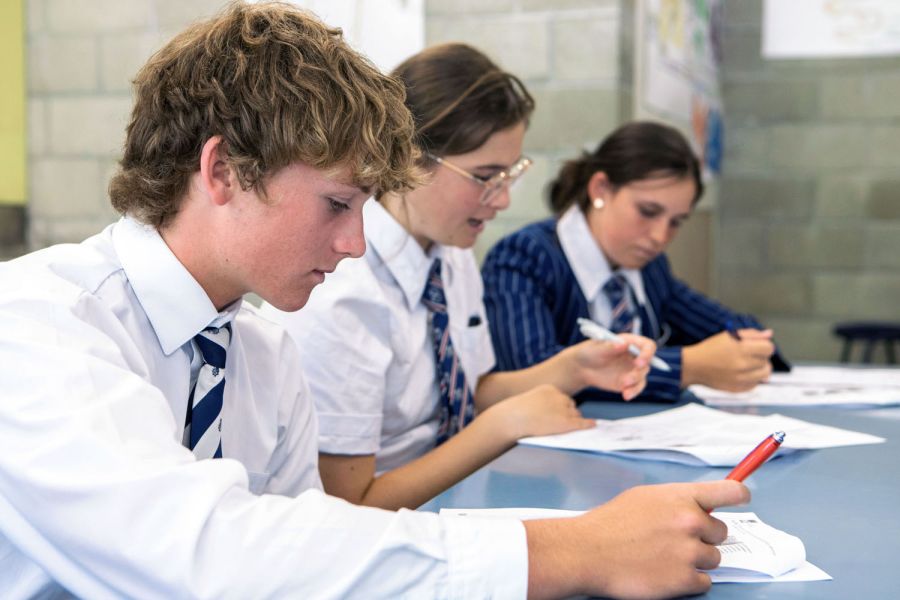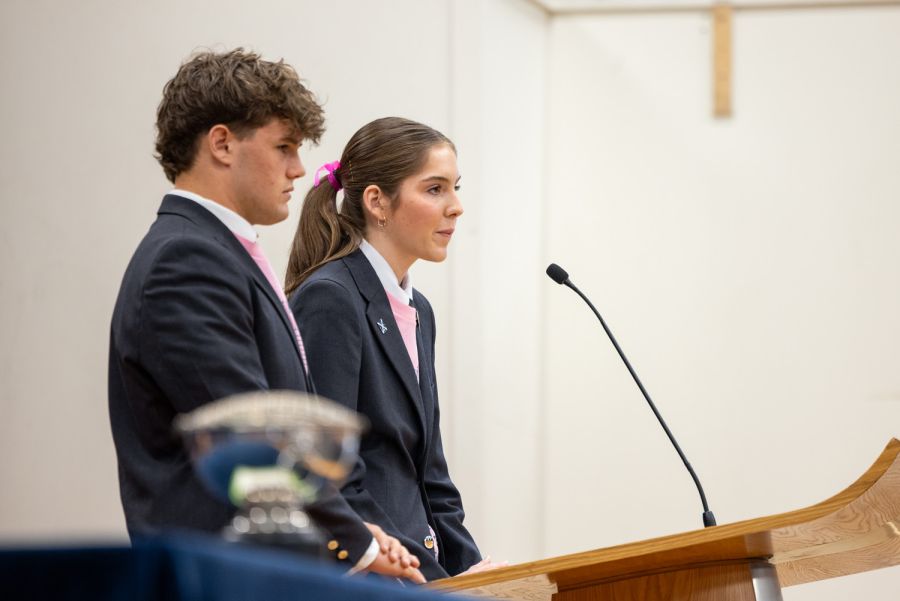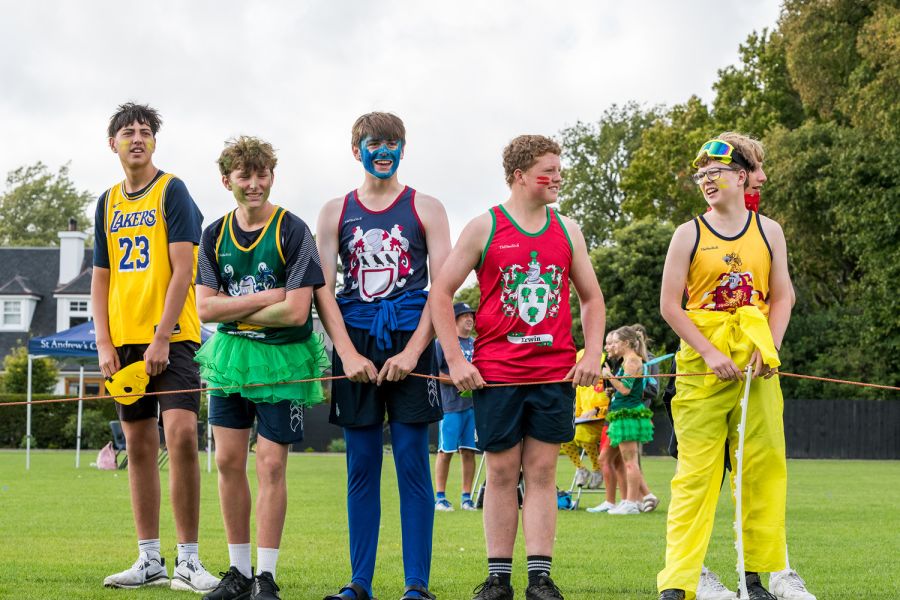On Hope
17 September 2020
Written by Head of Well-being, Kerry Larby
We know how important it is for our young people to build emotional intelligence, resilience, and coping skills. But lately, I have been thinking about something that I believe goes a long way in life – the ancient virtue of hope.
After lockdown, our Rector, Christine Leighton, emphasised how important she felt it was that educators cultivate hope in their students. Her wisdom made me ponder some big picture questions:
What is hope?
Is hope something you can teach?

What is Hope?
There are many ways we can understand the concept of hope. In the context of this blog post, I have been interested in the psychological perspective.
Hopeful people are the ones who wish for the best, dream, have positive expectations of the future, and look at things optimistically, right? Not quite. According to psychological research, optimism isn't the whole picture. Psychologists such as Dr Shane Lopez consider hope to be a much more nuanced concept than simple wishful thinking.
Here is what I have learned from research:
Optimism is only half of hope. The critical thing to understand is that with hope, we combine optimism with a strong sense of agency. Hopeful people believe two things: That the future will be better than the present; and they have the power to make it so. The equation looks like this:
Hope = Optimism + Pathways Thinking + Agency Thinking

Hopeful people are action people. Through their actions, they believe they have the power to write the script of their lives. Their narratives usually focus on the future and will see them central to making possibilities come to fruition.
Hope involves pathways thinking. With hope, people believe there are multiple pathways available to achieve their goals. They think creatively and flexibly. Charles Snyder, a renowned hope researcher, articulated this beautifully:
A rainbow is a prism that sends shards of multicolored light in various directions. It lifts our spirits and makes us think of what is possible. Hope is the same – a personal rainbow of the mind.

Hopeful people are far from wishful thinkers. They are realistic. When planning pathways, they anticipate and prepare for challenges and set-backs. If they hit an obstacle, they immediately change their plan and come up with new ways to move forward.

Hope isn't easy. It is hard work. In his book, Making Hope Happen, Dr Shane Lopez reminds us that hope is created moment by moment through our deliberate choices. It happens when we use our thoughts and feelings to temper our aversion to loss and actively pursue what is possible.
Hope is contagious. Research shows that if we spend time around hopeful people, then we become hopeful ourselves. Yes, hopeful teachers inspire hope in their students, and hopeful leaders inspire hope in their organisations.
The tiny ripple of hope you set in motion can change the path of someone's life.
Dr Shane Lopez
I love this quote as I have seen it be true in my life. Sometimes, you meet a hopeful person who sees a path forward for you, and through sharing their hope, they change the trajectory of your life.

How do we inspire hope in our young people?
Hope is a virtue that will allow our young people to flourish in an uncertain and complex world. We instinctively and intuitively know that it matters. Any work that we do as parents and educators to cultivate hopeful thinking will be a gift. So how do we grow hope in our children?
Role model hope. It is not what you say, but how you act that influences change in young people. Children learn by seeing how we think about the world and how we navigate challenges.
Provide opportunities for students to future cast and see possibility. Ask questions about the future- get children to imagine, predict and hypothesize.

Help young people see there are multiple pathways to a goal. Psychologists call this process pathways thinking.
Focus on the good. We need to be conscious of balancing our natural negativity bias by focusing on what we are grateful for. In his book, Enlightenment Now, Steven Pinker provides many examples of how life is getting better for most people. There are other resources like the Good News Network that take an optimistic perspective of our world.

Be present- hope is all around us. There are always examples of people that are doing good things despite the challenges in the world. Sometimes just noticing hope in other people can make us feel more hopeful about our own lives. Last week, we formally celebrated students who model hope as a character strength. These students were chosen by their peers as people that contribute an optimistic and hopeful perspective to our community.

Teach effective goal-setting strategies. Some teachers at St Andrew's are using Psychology Professor, Gabriele Oettingen's WOOP goal-setting framework as an effective way to set and track realistic goals. You can read more about this here.

Remind young people that setbacks, challenges, and disappointments are a normal part of life. We should expect and plan for these. Let children know that you trust their ability to cope through adversity through providing them opportunities to be agentic. As French philosopher Albert Camus reminds us,
There is no sun without shadow, and it is essential to know the night.

We live through challenging and uncertain times: the destruction of natural resources and ecosystems, exponential change in technology and associated societal changes, a global pandemic, climate change, economic inequalities, and political fragmentation. In this context, it can be easy to feel disillusionment and fear. More than ever, we owe it to our young people to inspire the ancient virtue of hope. It is the antidote.
We need our students (future leaders and problem solvers) to move forward with optimism and agency. Are you a hopeful person? How can you cultivate hope in your life (and in the world)? What gives you hope?
Related Posts


